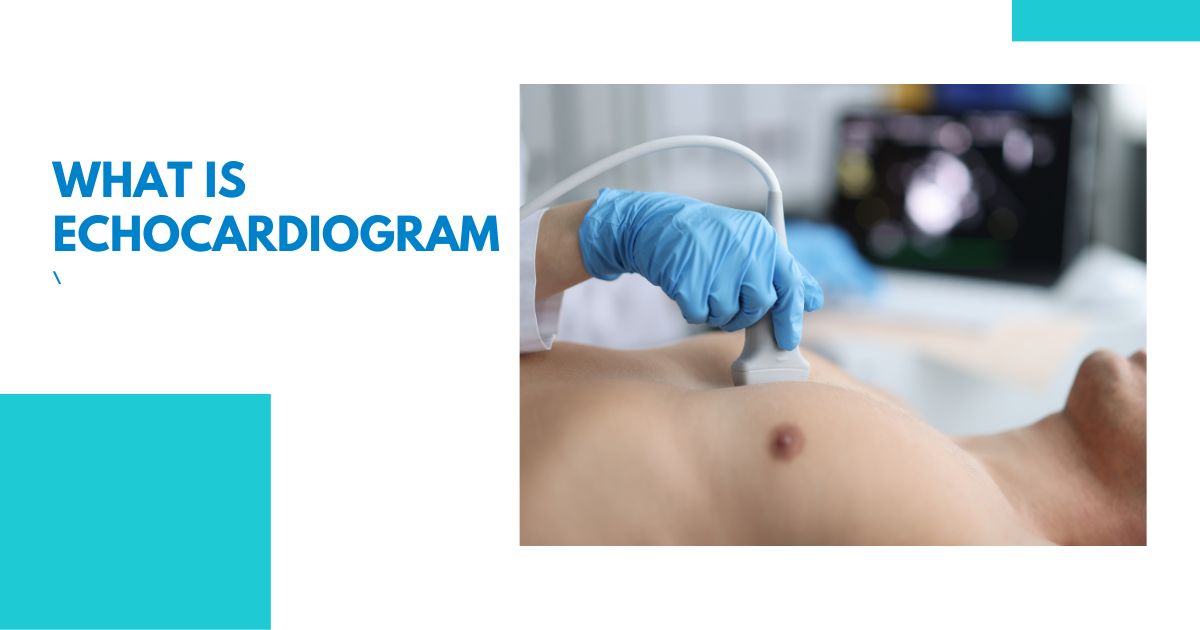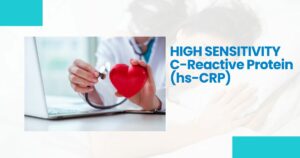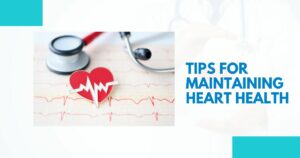What is an echocardiogram:
An echocardiogram is a non-invasive test that uses ultrasound to produce images of the heart. It provides important information about the structure and function of the heart, including its size, shape, and movement, as well as the blood flow through the heart chambers and valves. The test is commonly used to diagnose various heart conditions, including heart valve problems, heart muscle problems, and problems with the heart’s electrical system.
An echocardiogram is typically performed in a hospital or clinic setting and takes between 30 to 60 minutes to complete. The patient lies on an exam table and is usually asked to change into a hospital gown. Gel is applied to the chest to help the transducer (the handheld device that produces the ultrasound images) move smoothly over the skin. The transducer sends high-frequency sound waves into the chest and listens for the echoes that bounce back. These echoes are used to create detailed images of the heart and its surrounding structures.
The patient may be asked to hold their breath, change positions, or lie still during the test to obtain the best images. In some cases, a small amount of contrast dye may be injected into a vein to improve the clarity of the images. The patient may feel a warm or flushed sensation during the injection, but it is generally safe and well-tolerated.
There are several reasons why a person may need to undergo an echocardiogram. Some common indications include:
- Chest pain or discomfort: An echocardiogram can help diagnose the cause of chest pain or discomfort and determine if it is related to heart problems.
- Heart murmurs: A heart murmur is an unusual sound heard during a heartbeat. An echocardiogram can help determine the cause of the murmur and if it is related to heart problems.
- Shortness of breath: An echocardiogram can help diagnose the cause of shortness of breath, including heart problems.
- Abnormal electrocardiogram (ECG): An echocardiogram may be ordered if an ECG shows abnormal results.
- Heart disease: An echocardiogram can help diagnose and monitor heart disease, including heart valve problems, heart muscle problems, and problems with the heart’s electrical system.
- Pre-operative evaluation: An echocardiogram may be ordered before surgery to evaluate the heart and ensure it is functioning well enough for the procedure.
An echocardiogram provides detailed images of the heart, which can show:
- Heart chambers: The size and shape of the heart’s four chambers, including the right and left atria and ventricles.
- Heart walls: The thickness and movement of the heart walls, which can help healthcare providers identify any abnormalities or signs of heart disease.
- Heart valves: The function and movement of the heart’s four valves, which regulate blood flow through the heart. An echocardiogram can help detect problems with the valves, such as stenosis (narrowing) or regurgitation (leakage).
- Blood flow: The direction and speed of blood flow through the heart and major blood vessels, which can help identify any abnormalities or blockages.
- Heart muscle: The strength and pumping ability of the heart muscle, which can help healthcare providers assess the effects of heart disease or conditions such as heart failure.
- Pericardium: The sac surrounding the heart, known as the pericardium, can also be visualized during an echocardiogram, which can help identify any fluid buildup or inflammation.
Types of Echocardiograms
There are several types of echocardiograms, including:
- Transthoracic echocardiogram (TTE): This is the most common type of echocardiogram, performed using the transducer placed on the chest.
- Transesophageal echocardiogram (TEE): This type of echocardiogram uses a special probe that is passed down the esophagus to produce images of the heart. This test provides a more detailed view of the heart and is often used for patients with certain heart conditions.
- Stress echocardiogram: This type of echocardiogram is performed during or after exercise to evaluate the heart’s function and blood flow during physical activity.
- Doppler echocardiogram: This type of echocardiogram evaluates blood flow through the heart’s chambers and valves.
What to Expect During an Echocardiogram
An echocardiogram is a safe and painless test, and most patients do not experience any discomfort during the procedure. During the test, you will be asked to lie on a table and remove any clothing or jewelry that may interfere with the images. Gel will be applied to your chest to improve the transmission of sound waves, and the transducer will be placed on your chest to produce images of the heart.
The test typically takes 30 to 60 minutes to complete, and you will be able to return to your normal activities immediately after the test.
Overall, an echocardiogram provides a wealth of information about the heart’s structure and function, which can help healthcare providers diagnose a wide range of heart conditions and determine the best course of treatment or care.
It can be recommended for people of any age, but it is commonly performed on individuals who are experiencing symptoms such as chest pain, shortness of breath, or irregular heartbeats, or who have a history of heart disease, high blood pressure, or other risk factors for heart problems. There is no specific age at which an echocardiogram is recommended, as the decision to perform the test will depend on a person’s individual health history and symptoms.
An echocardiogram is typically performed by a trained healthcare professional, such as a cardiologist, an echocardiographer, or a sonographer. These professionals have the necessary training, expertise, and equipment to perform the test accurately and interpret the results. The test results are usually reviewed by a cardiologist, who will interpret the images and provide a diagnosis and treatment plan.
For more, please refer our Echocardiogram Packages








